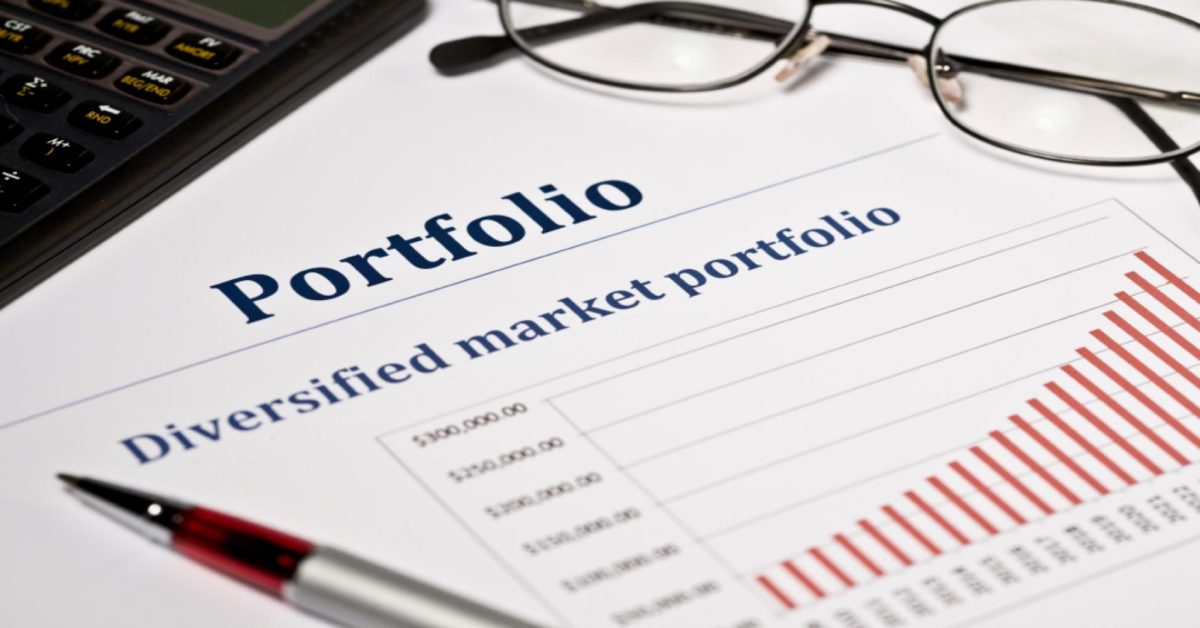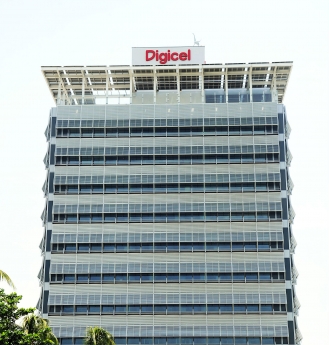With the howling winds, banging windows and rain battering your roof during hurricanes, how your portfolio is performing is the least of your concerns.
However, there is money to be made when mother nature strikes!
Preparing yourself physically for a hurricane is of primary importance but keep in mind also that being able to benefit from companies with a boost in sales due to potential hurricane damages is a great opportunity.
In anticipation of hurricanes, companies in the insurance & tourism industry are adversely affected, this is reflected in their stock prices. In 2017, Margaritaville (Turks) Limited [JSE: MTL] sustained damages to their operations and were forced to close for two months which caused lower than the expected revenue for that year and their prices dipped.
This, of course, presented a buying opportunity for investors.
A smart tactic savvy investors use, as this allows for a great entry point for maximizing returns.
Insurance companies more specifically property and casualty, suffer losses due to paying out for hurricane damages they are able to recoup by increasing premiums in the aftermath. In September 2017 Hurricane Irma hit the US with record high damages, this had HCI Group Inc. [NYSE: HCI] and Heritage Insurance Holdings Inc. [NYSE: HRTG] dropping 14.7% and 14.2% respectively. Hotels, villas, restaurants and other leisure-based companies may suffer a drop in revenues due to renovations, lack of hotel rooms, as well as the destruction of fish and their habitats for food production.
On the other hand, companies such as Home Depot [NYSE: HD], Costco Wholesale [NASDAQ: COST] and Generac Holdings Inc. [NYSE: GNRC] are expected to boom as sales increases. The demand for consumer necessities, generators and hardware supplies are high before and after a hurricane for security, preventive and corrective construction and simply being sufficiently supplied with food provisions.
The state of Texas had large amounts of reconstruction done after Hurricane Harvey in August 2017. This resulted in stocks prices advancing for Home Depot [NYSE:HD], the main supplier of home improvement materials. In 2017, HD had a 23% increase due to both Hurricane Harvey and Irma. This stock is currently trading at $211.71 having popped 2% since Hurricane Florence earlier this month.
It may sound daunting but positioning your portfolio during natural disasters is smart move.
If you liked this article and want to read other great stories, try our Archives. Also if you are new to investing you can try our Investment Basics Blog.
If you want to start investing with SSL but don’t have the time to monitor the market or to conduct the trades yourself then you can choose one of SSL’s managed Financial Planning products. We offer a variety of products for every type of investor and if you are interested in managing online trades yourself and having complete control over your investment portfolio then you can try SSL’s Brokerage account.
Follow us on Facebook, LinkedIn and Twitter please leave us a review.











